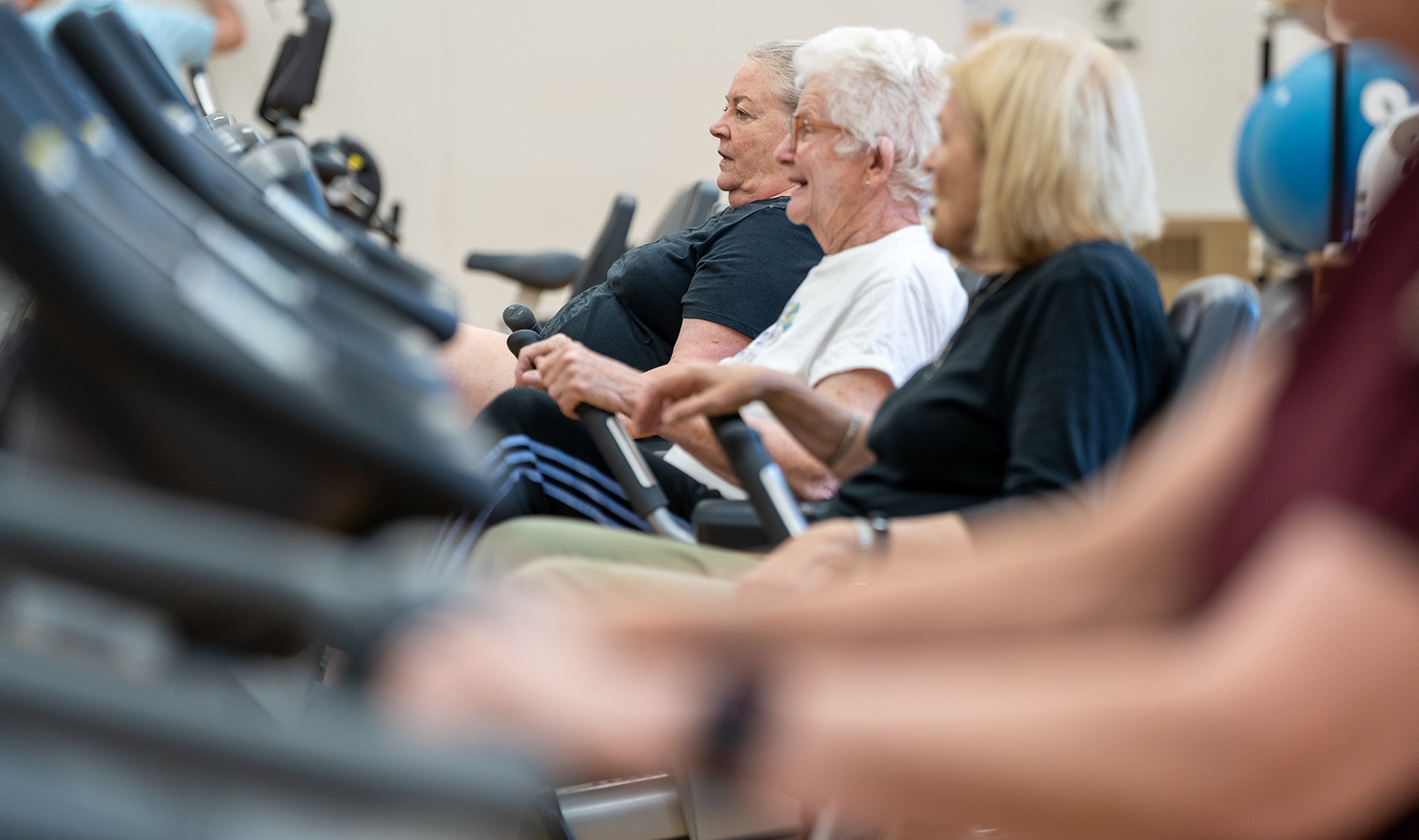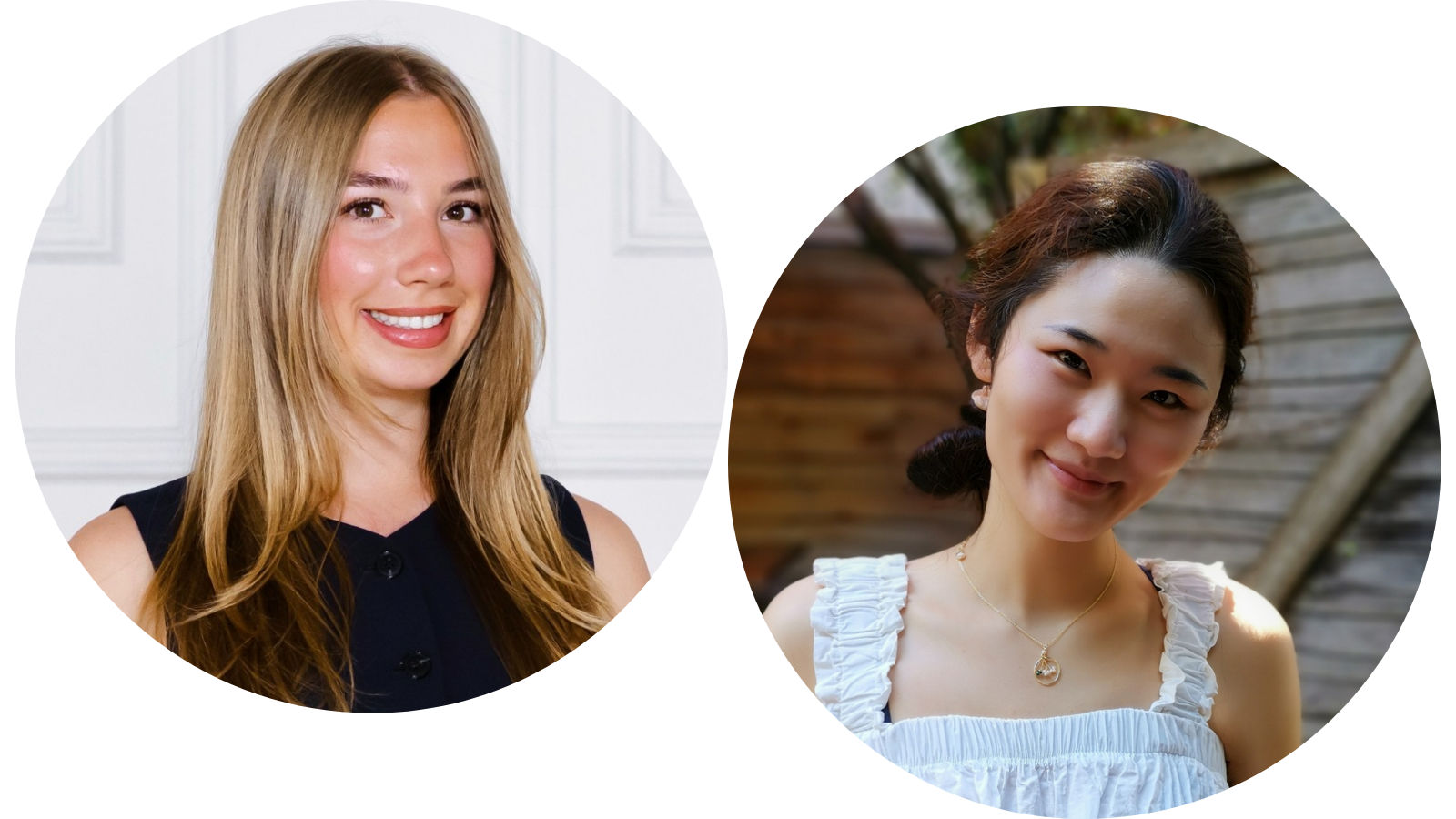 Published: January 20, 2020 | By Emily Dunford
Published: January 20, 2020 | By Emily Dunford
Tara Kuhn is an MSc student in the Department of Kinesiology under the supervision of Dr. Jennifer Heisz. During this interview, Tara spoke to us about her ongoing research and involvement with the MIRA Trainee Network.
Q: What brought you to be part of the MIRA trainee network?
MIRA was recommended to me by a friend. She knew my research focused on aging and thought it would be a perfect fit. After I looked into it, I realized it was an excellent opportunity to interact and network with others interested in aging.
Q: Tell us about the research project you are currently working on.
Currently, I am looking at the relationship between physical activity, sleep, and mental functioning. Evidence suggests that physical activity promotes sleep, and can protect against the negative effects poor sleep has on mental functioning. I am trying to find further evidence of the protective effect physical activity has on sleep, to maintain mental functioning. Specifically, I am looking at the impact of sleep and physical activity on memory, as memory decline is a major concern for the aging population. I want to see if this relationship varies with age, as current research looking at this interrelationship between sleep, memory, and physical activity is still in its infancy and there is much we don’t know.
Q: How does it relate to the aging population?
As we age, the quantity and quality of our sleep can deteriorate. Some evidence suggests this decline in sleep is directly related to the decline in mental functioning that we see in aging. I believe it is critical that we find ways to help protect our brains from the negative effects of poor sleep that occur through aging and to find ways to actively promote sleep. Being physically active is an easy way to improve sleep as well as overall well-being.
Q: What is the ultimate goal/purpose of this research?
The ultimate goal is to understand the underlying mechanism(s) between sleep, physical activity, and memory. Moreover, I hope my research will lead to direct interventions (through physical activity) to promote better sleep, especially in an aging population, as better sleep leads to better protection against the deteriorating effects aging has on memory and cognition.
Q: What is the most important aspect of sleep that you should focus on if you are trying to improve your sleep?
It’s difficult to say which aspect of sleep to focus on, as both sleep quality and quantity are important. It’s also hard to “focus” on some aspects of sleep, as they are not within our control. However, I would focus on trying to have a high-quality sleep. Although quality of sleep does decline naturally with aging, there are lifestyle factors that do impact sleep. For example, try not to consume alcohol before bed. It might help induce sleep, but it actually impacts the quality of your sleep. Eating a large, rich meal or drinking caffeine also impacts your sleep if consumed too close to bedtime. I would also try to make sure you are getting more than 6 hours of sleep a night, as regularly getting less than 6 hours is associated with many poor health outcomes.
Q: Can you share any stories about the types of activities your participants commonly engage in as older adults?
My participants engage in a whole variety of activities. I’d say most of them do some sort of walking, either as a recreational stroll or as a form of commuting to and from places. I can’t say there are common activities that people engage in though because some still competitively cycle, some go swimming, some do strength training, others gardening, and so on.
Q: Are you aware of any physical activity programs that specifically cater to older adults’ needs that can be found in the Hamilton area?
There is the MacSeniors program at the Physical Activity Centre of Excellence (PACE) at McMaster University. There older adults can access supervised and personalized exercise programs to meet their needs. Local YMCAs are also a good resource to increase engagement in exercise. The YMCA offers general exercise programs, and programs specifically for seniors, like the GERAS dance class.
Q: How can this research/knowledge be applied to have a real-world impact?
1) The best application would be to be physically active every day, especially if you are dissatisfied with your sleep quality or quantity. Physical activity can improve your quality of sleep, keeping your brain healthy! On days where you are sleep deprived, being active can help make it easier to function normally.
2) Try to focus on your sleep in general. Almost half of Canadians report poor sleep quality, and we often neglect sleep to finish other tasks. Putting the focus on getting adequate sleep will benefit you in all aspects of life, and should be a top priority. One that we don’t neglect.
Thank you, Tara, for discussing your interesting research. If you have an interest in Tara’s research, please contact her at kuhnt1@mcmaster.ca.
This ​blog post was first published by the MIRA Trainee Network. Read the ​original article.

